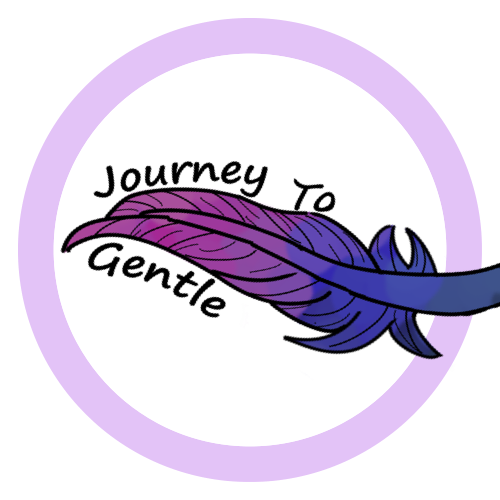What Is Unschooling?
"You can't keep using tools of oppression and expect to raise free people"
Let me tell you When I heard this line at the beginning of the Fare of The Free Child podcast for the first time I was brought to tears. This one line had so many words and thoughts flowing in my mind. So many connections were being made in my head, that in my truck in the store parking lots I cried and recorded my 3rd podcast.
I have been an avid listener since. And when I saw Akilah S. Richards had a book coming at I had to have it. I get so excited about books, learning, and parenting. This book has all that and more. I was not disappointed.
Raising Free People By Akilah S. Richards
Akilah mostly focuses on black and brown people's experience in the self-directed learning space. More specifically unschooling. Unschooling is this radical idea that children should be in charge of their education. Akilah makes an important distinction for me. Many people only consider unschooling as a learning alternative to traditional school whereas Akilah considers it a lifestyle. It's not just about the way we allow our children to learn but also about the way we parent them.
Her family defines unschooling as "a child- trusting, anti-oppression, liberatory, love-centered approach to parenting and caregiving. They have the core belief that children own themselves and that parents and other adults work with children to nurture their confident autonomy not their ability to obey adult directives."
Often we view the different parts of our lives as separate when really it's all interconnected. Our work, parenting, social justice path, friends, household chores, etc. All affect each other in some way. Our children are watching the way we are in the world and it's important to become aware of that.
In the book, Akilah introduces the topic of mad question-askin' as a process of questioning the intention behind your concern, instead of questioning to try to resolve your concern. Often when parenting we do what was done to us or what we think needs to be done in order for our kids to survive.
So instead of asking How can I get my kid to like school? You could ask Why doesn't my child like school?
Instead of I need to hold this boundary as the authority figure or my child will never respect anyone, you could ask Why is my child pushing back so hard on this? What do I need at this moment? What do they need? What does it mean to respect someone? Is this the only way to teach what I'm trying to teach? Is it really all or nothing?
Asking questions is an important part of the deschooling process, which most people go through at some point in their life. Deschooling is the mental transition a person goes through after being removed from a formal schooling environment. It usually refers to children who have been removed from school for the purpose of unschooling. But technically the term applies to any person leaving school, either by dropping out or graduating.
The way that we behave and the skills that we learn in a traditional school are wildly different from the ways we behave in the "real world". Akilah calls these differences studenthood and personhood. Our personhood is our personality, preferences, opinions, etc. Studenthood is a focus on academics and the childs' ability to comply with adult orders. As children our developing our studenthood is more important than developing our personhood.
Adult interactions with children confirm that. We ask, "Are you doing good in school?" We say, "Better keep your head in the books that how you'll be able to good-paying job." We discourage non-academic activities, "What boy you talking to? You don't have time for a boyfriend, you need to be focusing on school." We criticize, "Maybe if you focused on them books like you focus on those video games maybe you'd be able to get good grades"
Aren't kids more than just how well they do in school? Is school really the path to success? What does it mean to be successful? Does learning only happen in schools? How do kids gain relationship skills if we don't allow them to have or micromanage their relationships? Everything we do is in the best interest of our child but is our interest the only one that matters?
Akilah doesn't offer any answers but she asks a lot of questions. Even when she thinks she's found an answer she continues to ask questions. If we are looking for things to change then we also need to start asking questions.
There are so many more thoughts that this book brings up for me. It's the kind of thing that gets you thinking. I'm going to end this here. There are so many questions I need to sit with and answers I need to process. There will be future posts on unschooling, building community, respect, race, and many of the other topics covered in the book.
Whether or not you plan on or are considering unschooling I think you should read this book. Do you unschool? What has your post-school journey looked like and what does that mean for your kids?
This book is available PM Press, Amazon, and wherever books are sold.

